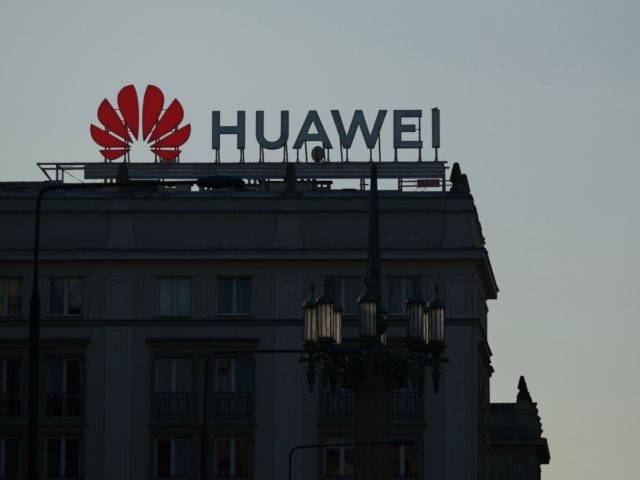The Trump administration slammed Huawei’s planned construction of a £400 million research and development centre near Cambridge, saying that the UK is on a “slippery slope” by continuing to allow the Chinese tech firm to operate in the country.
Secretary of State Mike Pompeo is reported to be “really furious” about the planned project and the American Ambassador to the UK, Woody Johnson, is expected to relay the concerns of the Trump administration with the British government.
The American under-secretary of state for economic growth, Keith Krach, said that Huawei is “an extension of the Chinese government”, and therefore called the British government “to put the whole thing in perspective — aggressive tactics of the Chinese Communist Party, because it all starts from there”.
“They are after the people and technology. They want to co-opt the researchers and talent from one of the most prestigious universities. They want to get their hands on the technology and IP [intellectual property] to take back to China,” Mr Krach told The Times.
“Their stated playbook is to ‘seduce with money, and reinforce with intimidation and retaliation’. It’s textbook. Here comes the carrot, here comes the stick. We are really concerned. It is about UK national security,” he added.
This week, Huawei is expected to receive planning permission from the government to start construction on the facility, which will be located just miles away from Cambridge University as well as the Japanese-owned semiconductor firm ARM Holdings.
The former first secretary of state Damian Green warned that the move was “clearly designed to influence the debate” around Huawei’s involvement in Britain’s 5G network.
“The government calls Huawei a high-risk vendor and I want to see a path towards zero involvement from Huawei in the 5G network,” Mr Green said.
China Trying to Drive Wedge Between UK and U.S. with Huawei, Says Senator https://t.co/JDmkm8dADu
— Breitbart London (@BreitbartLondon) June 3, 2020
The move comes after Prime Minister Boris Johnson reportedly “changed his mind” on allowing Huawei help build 35 per cent of the British 5G network, telling ministers to draft plans to phase out the Chinese telecom by 2023. The government is also said to have entered into talks with tech firms from Japan and South Korea as possible replacements.
The decision by Mr Johnson, as well as the possible impacts of the United States imposing sanctions on the company, has led to officials at the National Cyber Security Centre (NCSC) telling British mobile network providers including the BT Group and Vodafone to stockpile Huawei spare parts and equipment.
“Ensuring that products and components are kept up-to-date is essential to maintaining the security of networks,” the letter said, according to a Reuters report from last week.
“Escalating U.S. action against Huawei may affect its ability to provide updates for products containing U.S. technology,” the letter added.
Responding to the backlash against the planned facility, the vice-president of Huawei, Victor Zhang, said: “Any suggestion that work at the Cambridge R&D centre would be in contravention of the unjustified US sanctions is simply irresponsible and not true. The centre is unrelated to any recent U.S. actions.”
In May, Breitbart London reported that Huawei also struck a deal to fund a research centre at Imperial College London — the British university whose wildly inflated Chinese coronavirus death projections spurred governments around the world to introduce national lockdowns, resulting in widespread economic calamity.
As a part of the £5 million agreement, Huawei will sponsor research projects, build new tech facilities, and develop a 5G network for the Imperial College.
UK Will ‘Pay a Price’ over Huawei Decision, Threatens Chinese Communist Party Paper https://t.co/2zqnyqRX2P
— Breitbart London (@BreitbartLondon) May 26, 2020
Follow Kurt on Twitter @KurtZindulka

COMMENTS
Please let us know if you're having issues with commenting.